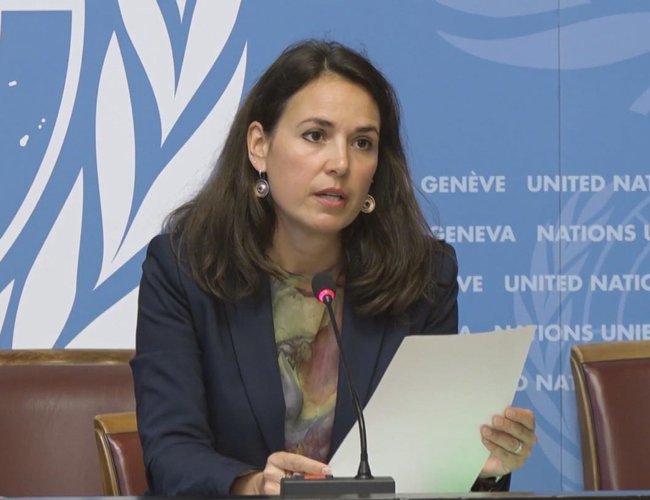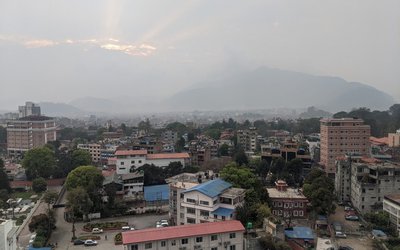
UN High Commissioner for Human Rights urges the Government of Nepal to pursue a truly fair, comprehensive and transparent transitional justice process that is able to gain the trust of key stakeholders and ensures accountability for grave violations, as well as truth, justice and reparation for victims.
“Such a process would help to prevent the recurrence of the violations and abuses that afflicted the country during the decade-long conflict and form the basis for lasting peace in Nepal. It would contribute to the realization of the Sustainable Development Goals in Nepal, in particular SDG16 on peaceful and inclusive societies, access to justice for all, and effective and accountable institutions,” said a press release issued by Spokesperson for the UN High Commissioner for Human Rights Marta Hurtado.
Fifteen years ago, a peace deal brought an end to the bitter 10-year conflict in Nepal that left over 13,000 people - mainly civilians – dead. During the conflict, gross human rights violations were committed by both sides, including extrajudicial killings, torture, sexual violence and enforced disappearances.
Since then, Nepal has remained at peace, promulgated a new constitution in 2015, and is transitioning into a federal governance structure. However, we remain deeply concerned at the lack of tangible progress on transitional justice, which was a key commitment under the Comprehensive Peace Agreement (CPA) signed on 21 November 2006.
Successive governments have committed to advancing the transitional justice process through an open, consultative and victim-centric approach. But these commitments have not been implemented. Concretely, there has been no progress to amend the transitional justice legal framework in line with Nepal's obligations under international law and the principles established by Supreme Court rulings in 2014 and 2015.
The commitments set out in the peace deal included establishing the truth about the conduct of the conflict and ensuring that victims receive both justice and reparations. But this goal has remained elusive, and repeated attempts to circumvent the process have resulted in a loss of trust, especially among victims' groups and civil society.
The Government raised expectations in 2019 that it would organise broad-based consultations with victims' groups and civil society, but those hopes were dashed when authorities rushed through consultations in January 2020.
Without a genuine transitional justice process, the needs of the victims will remain unaddressed, and unresolved grievances will hold Nepal back from the path towards full reconciliation and development.
The UN Human Rights Office played an important role in peacebuilding in Nepal, offering its support and expertise to advance the transitional justice process in line with international standards. We hope the 15th anniversary of the peace deal will spur Nepal's leaders to revitalize the long-stalled transitional justice process and ensure it is in line with international norms as well as the aspirations and rights of victims.
- Weather Forecast: Partly To Generally Cloudy Gandaki, Lumbini, Karnali And Sudur Pashchim Provinces
- Apr 18, 2024
- FNCCI President Dhakal Urges To Invest In Tourism Infrastructure
- Apr 17, 2024
- Halesi Mahadev Temple and Ram Nawami Festival
- Apr 17, 2024
- The Breakthrough Of The Nagdhunga Main Tunnel: Pride Of Country
- Apr 17, 2024
- Ram Nawami 2024: Importance And Significant For Hindus
- Apr 17, 2024
















